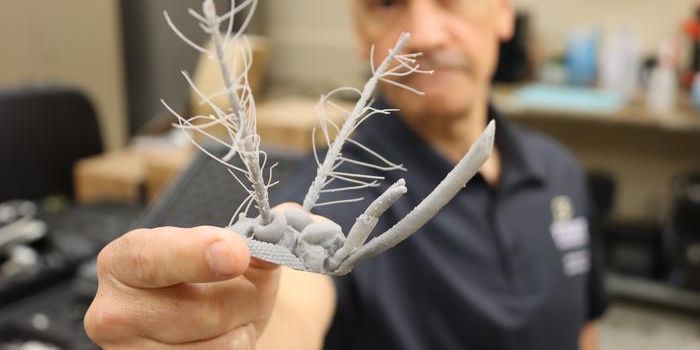Modifying Apples to Resist Climate Change
Climate change affects various aspects of the planet and human life. One of the most frequently affected areas includes agriculture, with more severe weather patterns, from drier dry seasons to wetter wet seasons cause strain on farmers’ ability to produce crops and ensure food security around the globe.
One of these areas of agriculture often affected includes the apple industry, which has been dealing with a range of problems that have only been exacerbated by climate change. For example, the apply industry has often struggled with a labor issue, which, added to the climate change problem, is putting the apple industry in a tight pinch. Apple farming requires a lot of labor (e.g., manual harvesting and maintenance of trees), which has led to a 3% drop in output amid labor shortages. On top of that, apple farming often is done best in cooler environments, causing additional strain from climate-related changes to the planet and heat waves experienced in common apple farming areas, such as the Pacific Northwest.
A team of researchers at the University of Maryland have come up with a new solution to help overcome many of these compounding challenges: two new apple tree species, which were developed through a careful crossbreeding process. The new apple trees are more tolerant of higher temperatures and easier to harvest, addressing both climate and labor-related issues.
The new apples emerged as part of a broader effort called the Tree Architecture Program that began around 30 years ago, an effort to plant and study apple species. Through intentional crossbreeding efforts, researchers created two new apples that were designed specifically to resist heat and certain bacteria: one called MD-TAP1 (a yellow apple) derived from the Golden Delicious type and MD-TAP2 (a red apple), which is derived from Fuji apples.
Currently, researcehrs are planning to study how well these apples grow in certain climate conditions. If that works, they can start licensing and selling the trees to apple farmers. The team believes these apples are better meant for sales directly to consumers, rather than for sale in large stores.
And don’t’ worry: the apples are still delicious!
Sources: EurekAlert!; TAP








